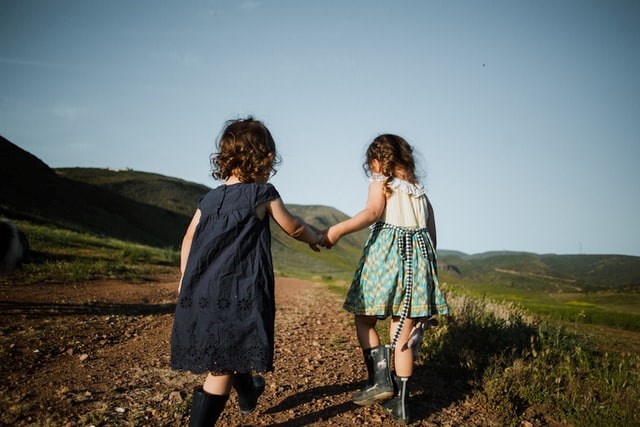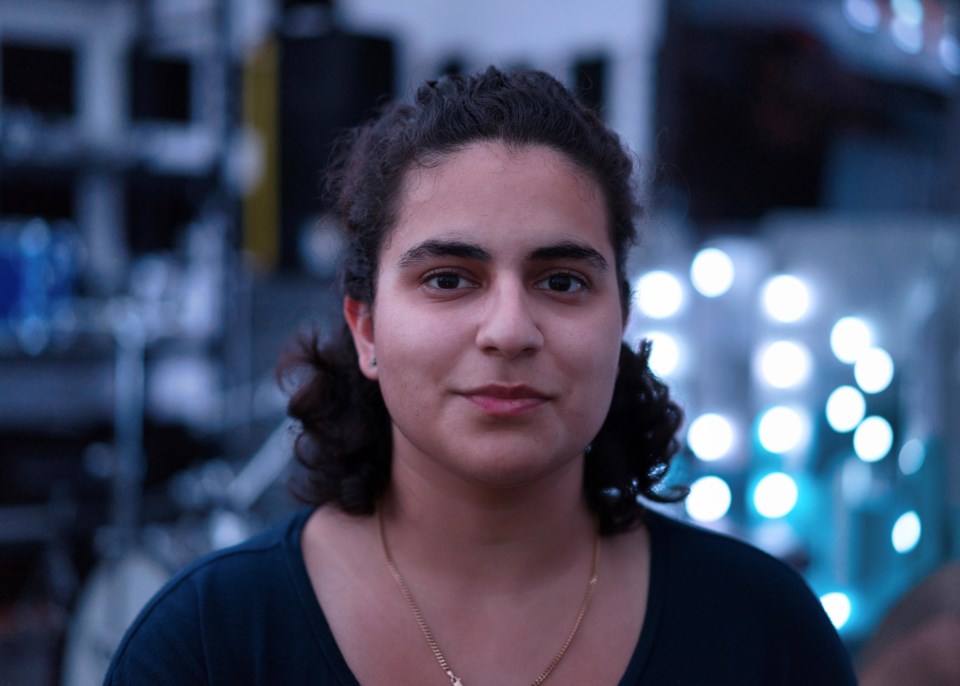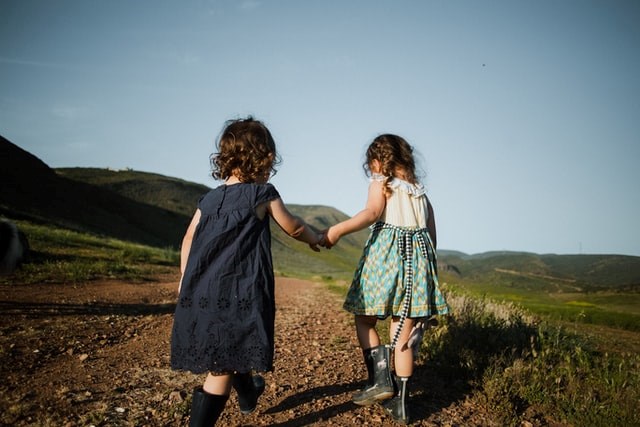 "You are being disrespectful.” Imagine these words are spoken to you loudly in front of a group of friends. Perhaps you interrupted someone without realizing it, or you’re in the habit of using an outdated word that you grew up with. Perhaps you are a child in a 3rd grade classroom whispering with a friend who asked you a question. In this instance, the reality that you are being disrespectful hits you, but this realization is aggressively saturated with the feeling of shame. Everyone has gone quiet. Everyone is looking at you. The person who has called you out has asserted a level of dominance over you that cannot be overlooked.Â
"You are being disrespectful.” Imagine these words are spoken to you loudly in front of a group of friends. Perhaps you interrupted someone without realizing it, or you’re in the habit of using an outdated word that you grew up with. Perhaps you are a child in a 3rd grade classroom whispering with a friend who asked you a question. In this instance, the reality that you are being disrespectful hits you, but this realization is aggressively saturated with the feeling of shame. Everyone has gone quiet. Everyone is looking at you. The person who has called you out has asserted a level of dominance over you that cannot be overlooked.Â
“No one’s ever learned anything under the conditions of humiliation.” This is a quote by philosopher Alain de Botton. I have found that in the past few months I’ve paraphrased this quite a lot. With the polarization of opinions amidst political attitudes becoming more intense, our society’s communication method has become absolutely wild. We call each other out when we know the other has done something wrong. In addition to professing all of our feelings and opinions, we are quick to defend ourselves. Being exposed as having been wrong is humiliating, and it must be avoided at all costs.
We are passionate about our views. When something bad has happened, when there has been an injustice, or when our values are attacked, the fire of passion is further ignited. Our planet is burning, people are dying, disaster is ensuing; we are obviously going to be hysterical.
These impulses come from a place of love, and realizing this is the first step to understanding what’s wrong and how to fix it. When someone we love has said or done something strange, our impulse to correct them, often aggressively (in a panic), is not because we want to cause them humiliation: it is because we love them. When a stranger breaks a law or expresses a racist opinion, our impulse to extinguish them is not personal: it is because we love someone who is being affected. We get confrontational. Sure, there is love, but we forget about kindness.
The finest teachers I’ve had the honour of learning from had a few things in common. They had a curiosity for their subject from all angles; they were not afraid of being proven wrong; they cared more for their students’ well-being than how much their students learned. These teachers promoted consultation over debate, meaning they valued the idea of a collective effort towards investigating the truth. Perhaps most importantly, they were passionate about the subject, yet dispassionate about their ideologies.
“Between you and me, what happened earlier might have come off as disrespectful. What do you think?” Imagine these words spoken to you discreetly and calmly. Nobody is staring at you. Chances are most people have forgotten about the incident. If you choose to make amends, it is because you have had the opportunity to reflect, not because you were told to. Compared to our original example, the chances that you’ve learned something are much higher. Someone has done you a kindness.
Whether we are discussing politics and climate change, or teaching our children about respect, the most effective way to make a difference in someone’s life is through nurturing and kindness. The heart must be free from the weight of humiliation and guilt in order to thrive. Fostering growth in others requires calm, patience, and most difficult of all, the setting aside of one’s ego.Â
“Let your heart burn with loving kindness for all who may cross your path.” - Baha’u’llah
 Emily Mahbobi, BMus (UVic), is a pianist, composer, and music teacher in Victoria, BC. She is a member of the keyboard faculty at the Victoria Conservatory of Music, and a part-owner of Quadratic Sound. Emily is a member of the Baha’i Community.
Emily Mahbobi, BMus (UVic), is a pianist, composer, and music teacher in Victoria, BC. She is a member of the keyboard faculty at the Victoria Conservatory of Music, and a part-owner of Quadratic Sound. Emily is a member of the Baha’i Community.
You can read more articles on our interfaith blog, Spiritually Speakimng, HERE
* This article was published in the print edition of the Times 91Ô´´ on Saturday, July 19th 2021
Photo by Ěý´Ç˛ÔĚý



